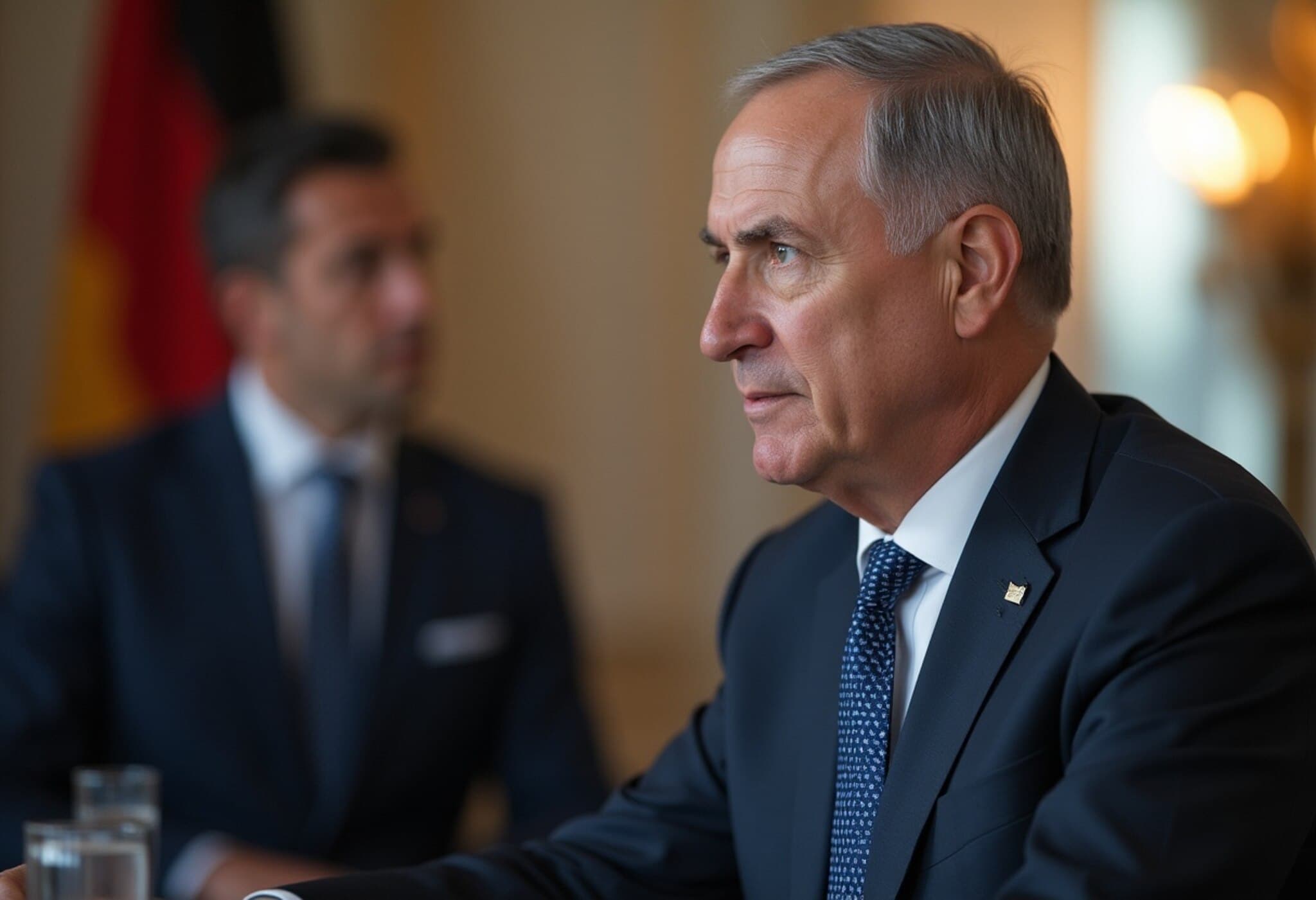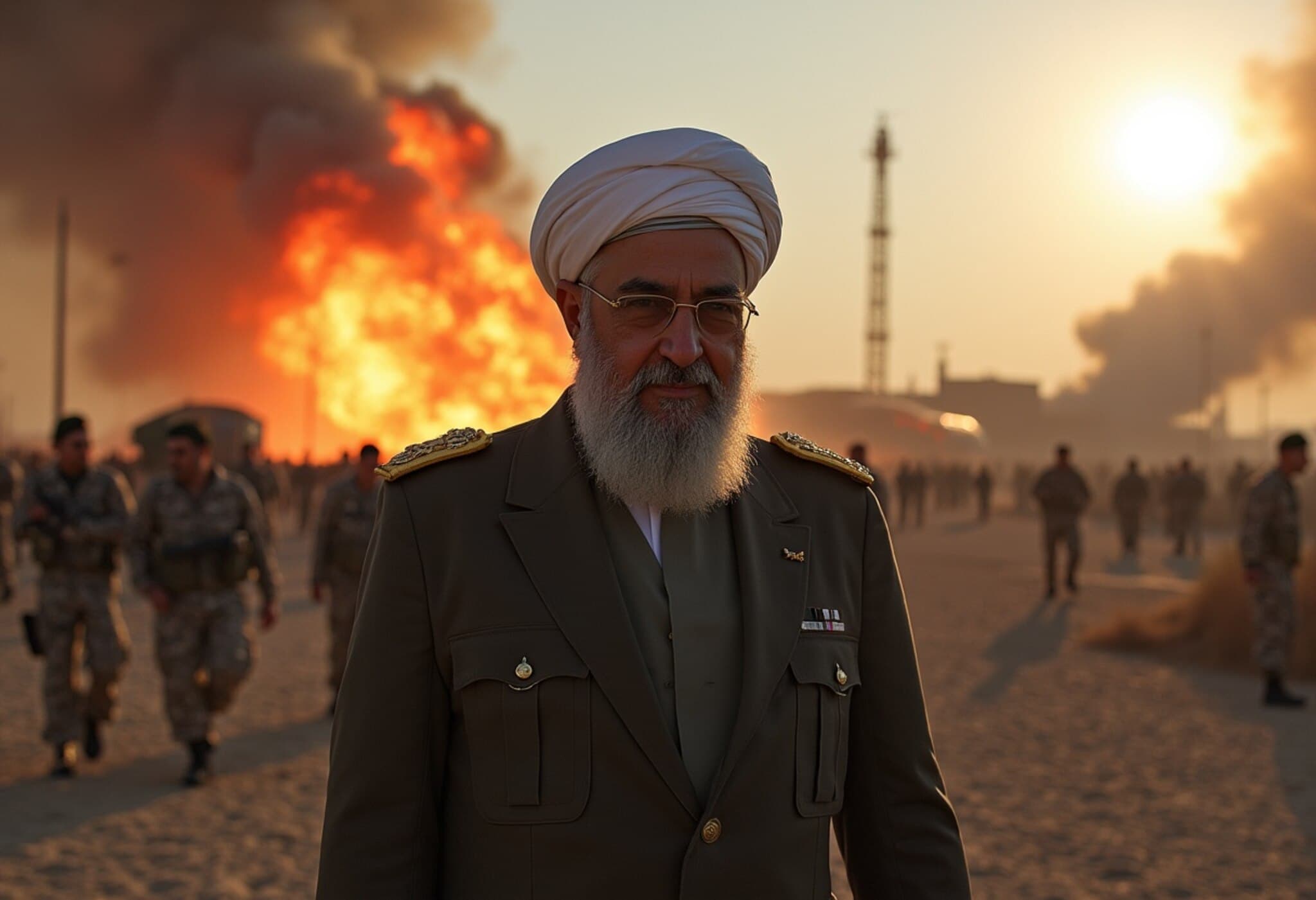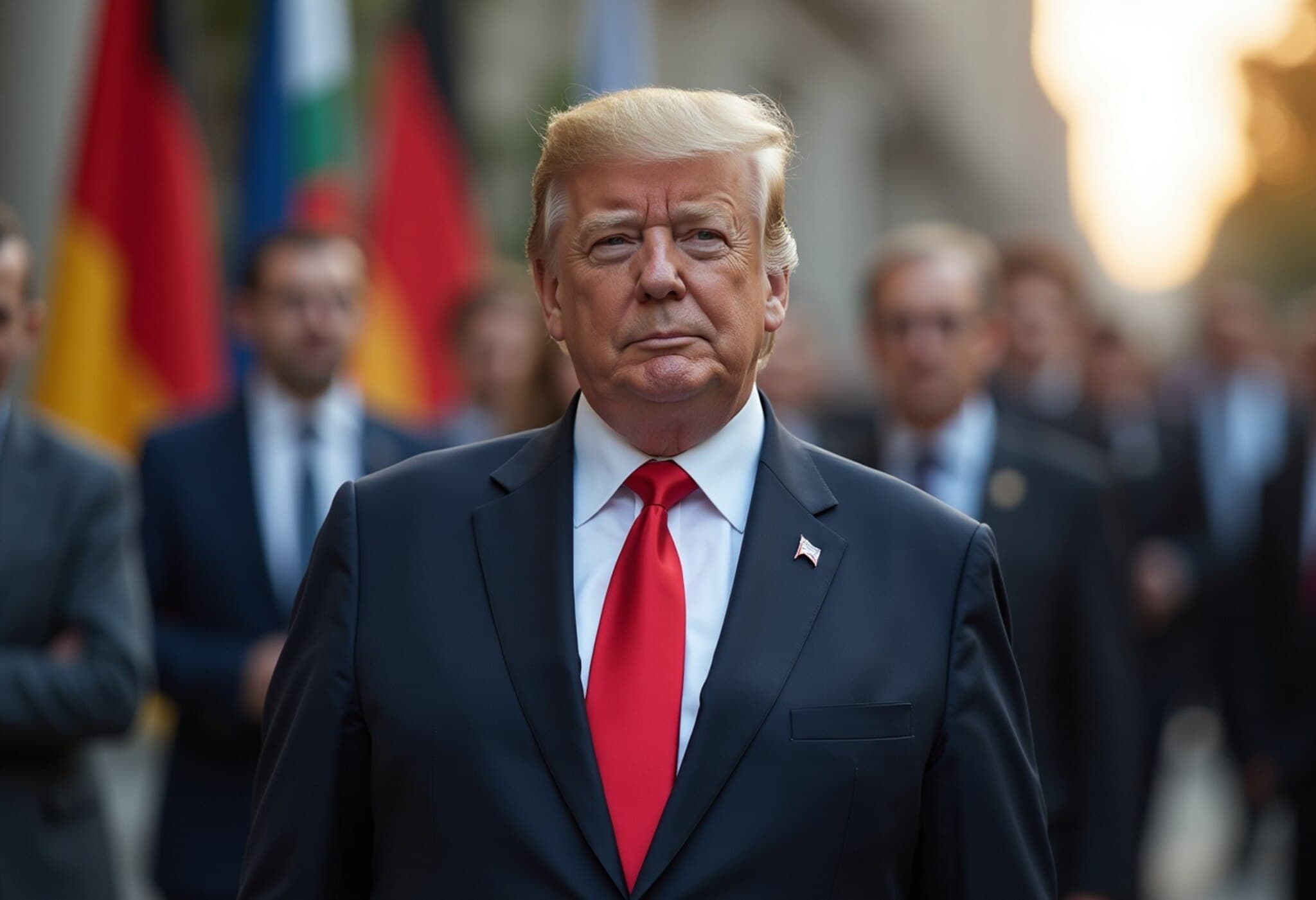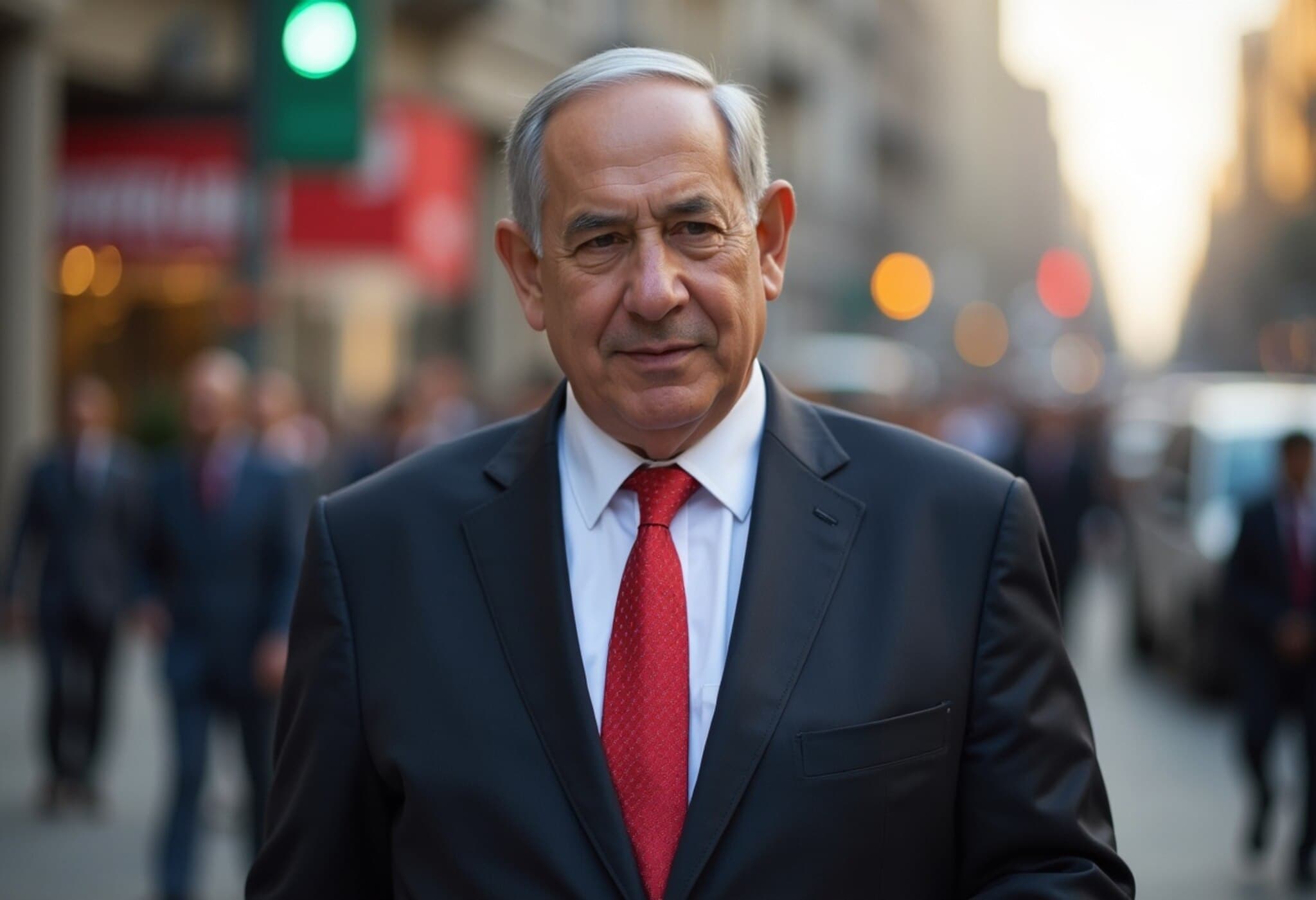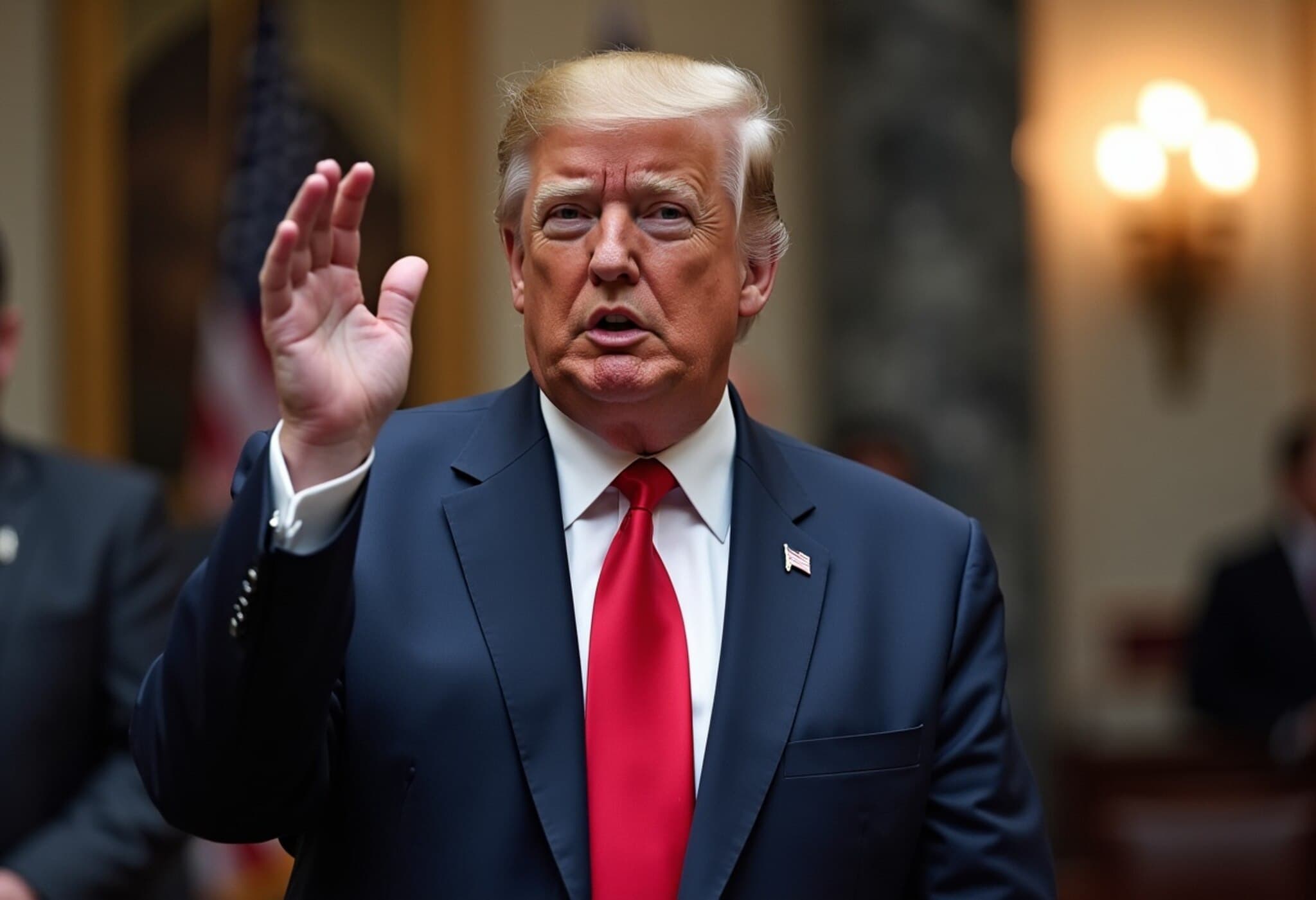German Chancellor Merz Calls for Humanitarian Aid and Ceasefire in Gaza
On July 18, 2025, German Chancellor Friedrich Merz engaged in a crucial phone conversation with Israeli Prime Minister Benjamin Netanyahu, underscoring the urgent need to provide safe and humane humanitarian assistance to the people in the Gaza Strip amid ongoing conflict. A spokesperson for the German government highlighted that Chancellor Merz expressed hope for a ceasefire in Gaza and strongly emphasized safe access to aid.
Humanitarian Aid: A Lifeline for Gaza
"The chancellor emphasised that the urgently needed humanitarian aid must now reach the people in the Gaza Strip in a safe and humane manner," the government spokesperson stated. This call comes amid mounting concerns from the international community about worsening conditions for civilians trapped in conflict zones, where shortages of food, medicine, and basic necessities have become catastrophic.
Experts note that ensuring unimpeded humanitarian access is not just a matter of logistics but also diplomacy and respect for international humanitarian law. Merz’s direct appeal to the Israeli leadership reflects Germany's long-standing commitment to balancing diplomatic relations in the Middle East with a firm stance on human rights.
Preventing West Bank Annexation
Beyond humanitarian concerns, Chancellor Merz conveyed a firm warning against any moves toward annexation in the West Bank. "The chancellor emphasised that there must be no steps towards annexation of the West Bank," the spokesperson said.
This position aligns with the broader European Union stance, which views annexation as a major obstacle to a two-state solution — a framework widely endorsed by the international community to resolve the Israeli-Palestinian conflict. Annexation risks inflaming tensions further and undermining prospects for long-term peace in the region.
Contextual Insight: Germany’s Balancing Act and Global Implications
Germany holds a unique position, historically and diplomatically, when it comes to Israel and the broader Middle East. As one of Israel’s closest European allies, Germany's approach often involves cautiously balancing support for Israel's security with advocacy for Palestinian rights and humanitarian concerns.
Furthermore, Chancellor Merz’s intervention signals Germany’s broader commitment to upholding international law during volatile times. It also reflects a strategic effort to influence peace negotiations positively, at a time when international mediation is critical.
Policy analysts highlight that the chancellor’s cautious but clear messaging could impact Germany’s involvement in future diplomatic initiatives, aid programs, and regional security discussions within both the European Union and global forums such as the United Nations.
Questions Remaining
- Will Israel respond positively to Germany’s appeals for ceasefire and aid facilitation?
- How will this dialogue influence broader EU policy and international efforts on the Israeli-Palestinian conflict?
- What are the immediate humanitarian outcomes on the ground following such high-level appeals?
Editor’s Note
Chancellor Friedrich Merz’s phone call with Prime Minister Netanyahu serves as a reminder of the fragile humanitarian and political landscape in Gaza and the West Bank. It highlights the critical role that countries like Germany play in advocating for peace and human rights. As conflict persists, the international community must grapple with the balance between political strategy and urgent humanitarian needs, amplifying the urgent call for dialogue, aid, and the prevention of actions that could further destabilize the region.

